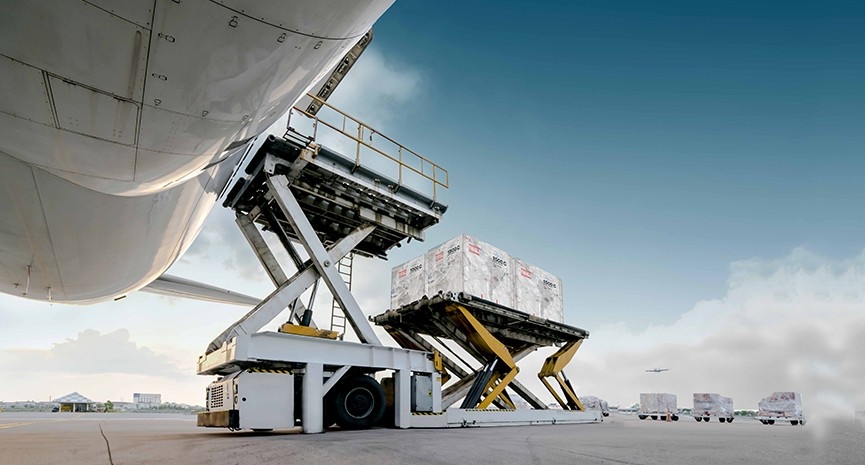SkyCell delivers 2.5 tonnes of live-saving drug to Iraq
SkyCell containers have transported 2.5 tons of compassionate drugs from London to Baghdad. The novel pharmaceutical is being used to treat patients suffering from copper poisoning. “We are very proud to have contributed with our technology to this humanitarian effort as part of the ongoing struggle

June 27, 2018: SkyCell containers have transported 2.5 tons of compassionate drugs from London to Baghdad. The novel pharmaceutical is being used to treat patients suffering from copper poisoning. “We are very proud to have contributed with our technology to this humanitarian effort as part of the ongoing struggle to rebuild this war-torn country”, said Richard Ettl, CEO, SkyCell. In cooperation with the Iraqi ministry of health, SkyCell containers have successfully completed a difficult logistical challenge.
In Iraq, copper poisoning is a widespread problem due to the burning of electronic waste and plastics. An overdose of copper disturbs mental function, irritates the nerves and nervous system leading to many inflammatory conditions, such as skin irritations, asthma, and depression.
The experimental drug not only represents a value of US $6.8 million but is also highly temperature sensitive. The experimental pharmaceutical requires a fully controlled cold chain solution with an unbroken temperature environment between 2 to 8 degrees celsius. Any temperature deviations would result in the shipment becoming unusable. In addition to that, security requirements at Baghdad Airport demand all shipments to be x-rayed, which would result in the cold chain to be broken. “Hence, SkyCell 1500C units became the containers-of-choice, as their innovative design and passive cooling system not only guarantee the required temperature range, but also allow x-ray-examination without breaking the official seals”, said Nico Ross, CTO and co-founder of SkyCell. Therefore, a door-to-door delivery of the compassionate drug was possible, arriving at the designated hospital without the cold chain being broken.
“There was simply no room for error as any temperature deviations would cause the life-saving product to be written off with a replacement shipment taking around 6 months to manufacture”, said Chiara Venuti, business development director at SkyCell. The customers decision to use SkyCell containers was also made due to its low carbon footprint, saving six tons of CO2 per container in this transport alone, compared to competitors’ products.


